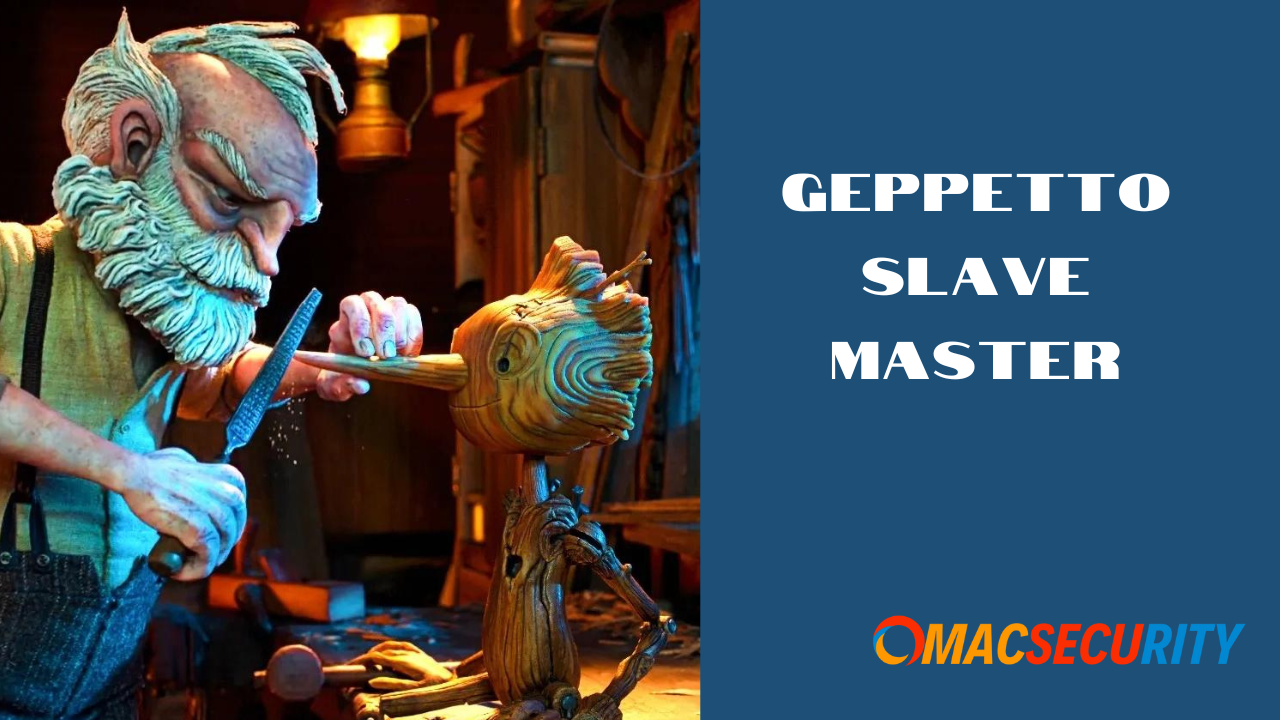The term Geppetto Slave Master combines two seemingly disparate concepts—Geppetto, the beloved carpenter from Carlo Collodi’s classic tale Pinocchio, and the notion of a slave master, an emblem of historical oppression and control. This intriguing juxtaposition invites a deeper examination of both the character of Geppetto and the historical and cultural connotations of slave masters. By exploring these themes, we can better understand how such a term might be used in various contexts, from literary analysis to social commentary.
The Origin of Geppetto
Geppetto, a central figure in Pinocchio, is a kind-hearted and skilled carpenter who creates a wooden puppet named Pinocchio. The story, first published in 1881, chronicles the adventures of Pinocchio as he strives to become a real boy. Geppetto’s character embodies the archetype of a loving, albeit imperfect, father figure. His relationship with Pinocchio is marked by a blend of affection and parental authority, and his primary role is to guide and nurture the puppet through a series of moral trials.
The Concept of a Slave Master
In contrast, the term “slave master” evokes a historical and moral context tied to the brutal realities of slavery. Slave masters were individuals who owned and controlled enslaved people, wielding significant power and perpetuating systems of inequality and oppression. This term is laden with negative connotations, reflecting a period of history characterized by human rights abuses and exploitation.
The Unlikely Combination
Combining “Geppetto” with “slave master” might initially seem paradoxical. Geppetto, a figure associated with care and craftsmanship, is far removed from the cruel realities of slavery. However, this combination could be employed metaphorically or allegorically to explore themes of control, autonomy, and moral authority in a way that challenges traditional interpretations.
Read more : Vin Diesel Boy Scouts Donation: A Closer Look at His Generous
Literary and Allegorical Interpretations
In literary analysis, the term Geppetto Slave Master might be used to explore the dynamics of control and manipulation in the context of paternal relationships. For instance, if we consider Geppetto’s role in Pinocchio, one might argue that his authority over Pinocchio represents a form of paternalistic control. While Geppetto’s intentions are benevolent, the narrative can be examined through a critical lens that questions the extent of his influence over Pinocchio’s development.
In this allegorical reading, Geppetto’s authority could be likened to a form of dominance that shapes Pinocchio’s identity and choices. This perspective does not equate Geppetto with an actual slave master but instead uses the term metaphorically to discuss the power dynamics inherent in guiding and shaping another’s life.
Historical Context and Cultural Analysis
To further understand this concept, we can look at historical and cultural contexts where similar power dynamics have been at play. For instance, the concept of a “benevolent” authoritarian figure has been explored in various historical and literary contexts. Leaders or guardians who exert control under the guise of care or protection can sometimes exhibit behaviors that, while not as extreme as those of a slave master, still reflect imbalances of power.
In examining the Geppetto figure through this lens, we can reflect on how authority and control manifest in different forms. This approach allows for a nuanced discussion about the responsibilities and potential pitfalls of leadership, mentorship, and caregiving.
Psychological and Sociological Perspectives
Psychologically, the relationship between Geppetto and Pinocchio can be analyzed in terms of dependence and autonomy. Geppetto’s role as a creator and caretaker may evoke discussions about the impact of such relationships on the development of independence and self-identity. This examination can be extended to broader sociological discussions about how individuals in positions of authority influence the lives of those under their care.
The term Geppetto Slave Master could thus serve as a metaphor for exploring how authority figures, even those with ostensibly positive intentions, can affect the autonomy and development of others. This interpretation invites a critical evaluation of how power dynamics operate in various types of relationships.
Modern Interpretations and Media
In contemporary media and discussions, the juxtaposition of Geppetto with the concept of a slave master might be used to critique modern forms of control and influence. For example, discussions about parental control, educational systems, or even corporate environments could draw on this metaphor to highlight issues of dominance and agency.
For instance, a critical analysis of media portrayals of authority figures might use the term Geppetto Slave Master to discuss how seemingly benevolent leaders or mentors can sometimes perpetuate systems of control that limit individual freedom. This approach can offer insights into how power dynamics are represented and critiqued in modern narratives.
Ethical Considerations
Using the term Geppetto Slave Master requires careful consideration of ethical implications. It is crucial to recognize that the historical reality of slavery involved profound human suffering and injustice, and any use of this term must be handled with sensitivity. When employing such a term metaphorically, it is important to clarify the context and intention to avoid diminishing the gravity of historical atrocities.
In literary and cultural critiques, the goal should be to foster meaningful discussions about power and influence without trivializing or conflating distinct historical and ethical issues. By framing the term in a way that acknowledges its complex and sensitive nature, we can engage in thoughtful analysis while respecting historical realities.
Conclusion
The term Geppetto Slave Master presents a provocative and multifaceted concept that blends literary and historical themes. By exploring the character of Geppetto through the lens of control and authority, we can engage in a nuanced discussion about power dynamics and influence. Whether approached through allegory, historical context, or modern media critiques, this term challenges us to reflect on how authority is exercised and how it impacts the lives of others.
Ultimately, while the combination of Geppetto and slave master might seem jarring, it opens up valuable avenues for exploration and discussion. By handling this concept with care and sensitivity, we can gain deeper insights into the complexities of power, control, and moral authority in various contexts.

